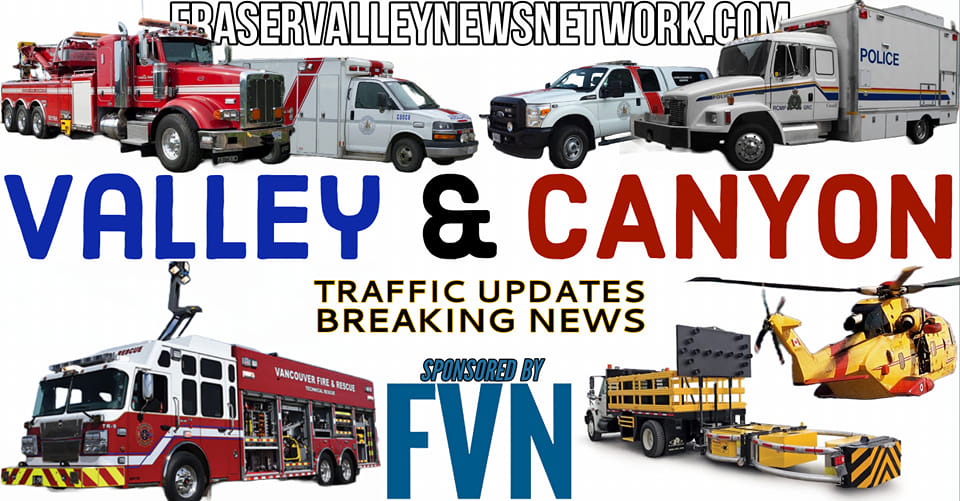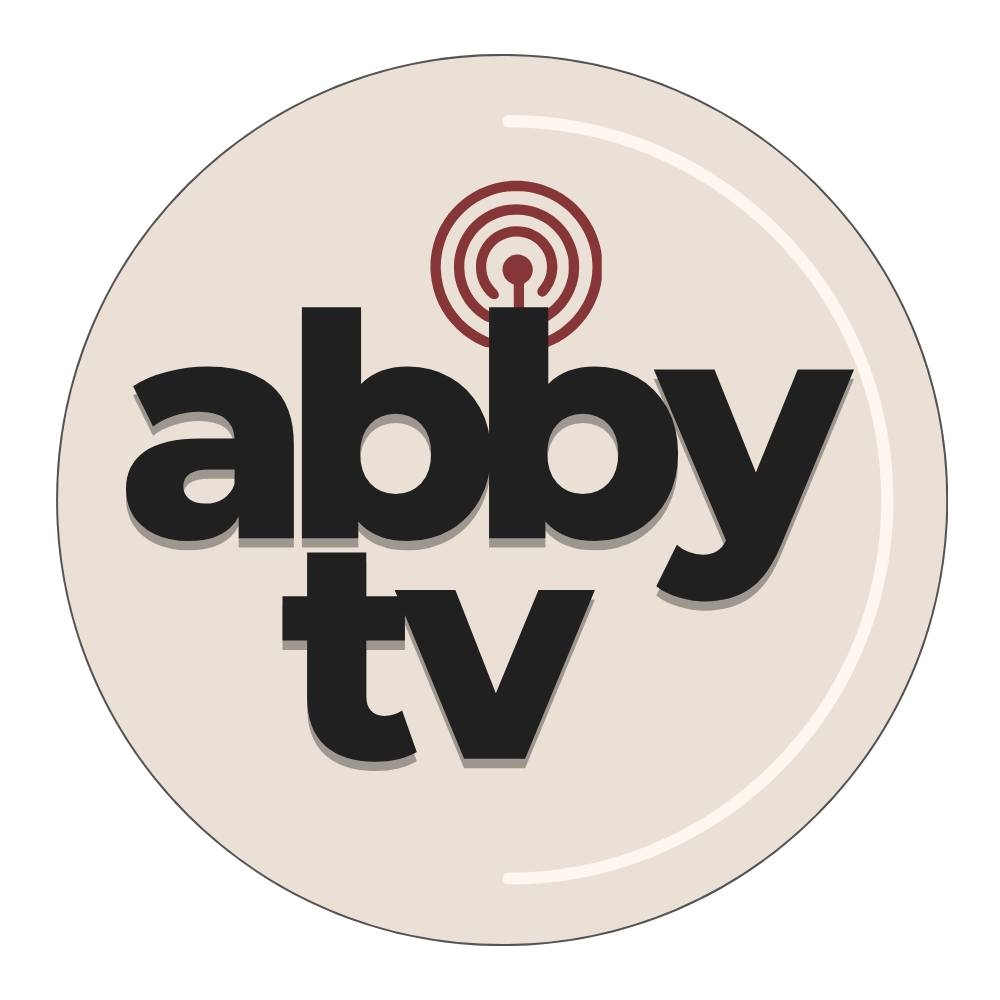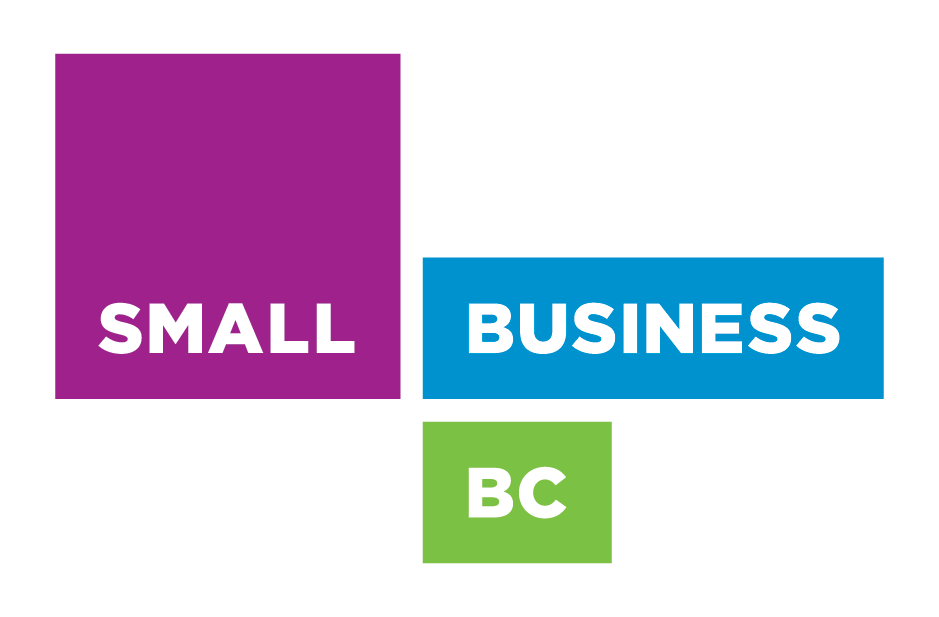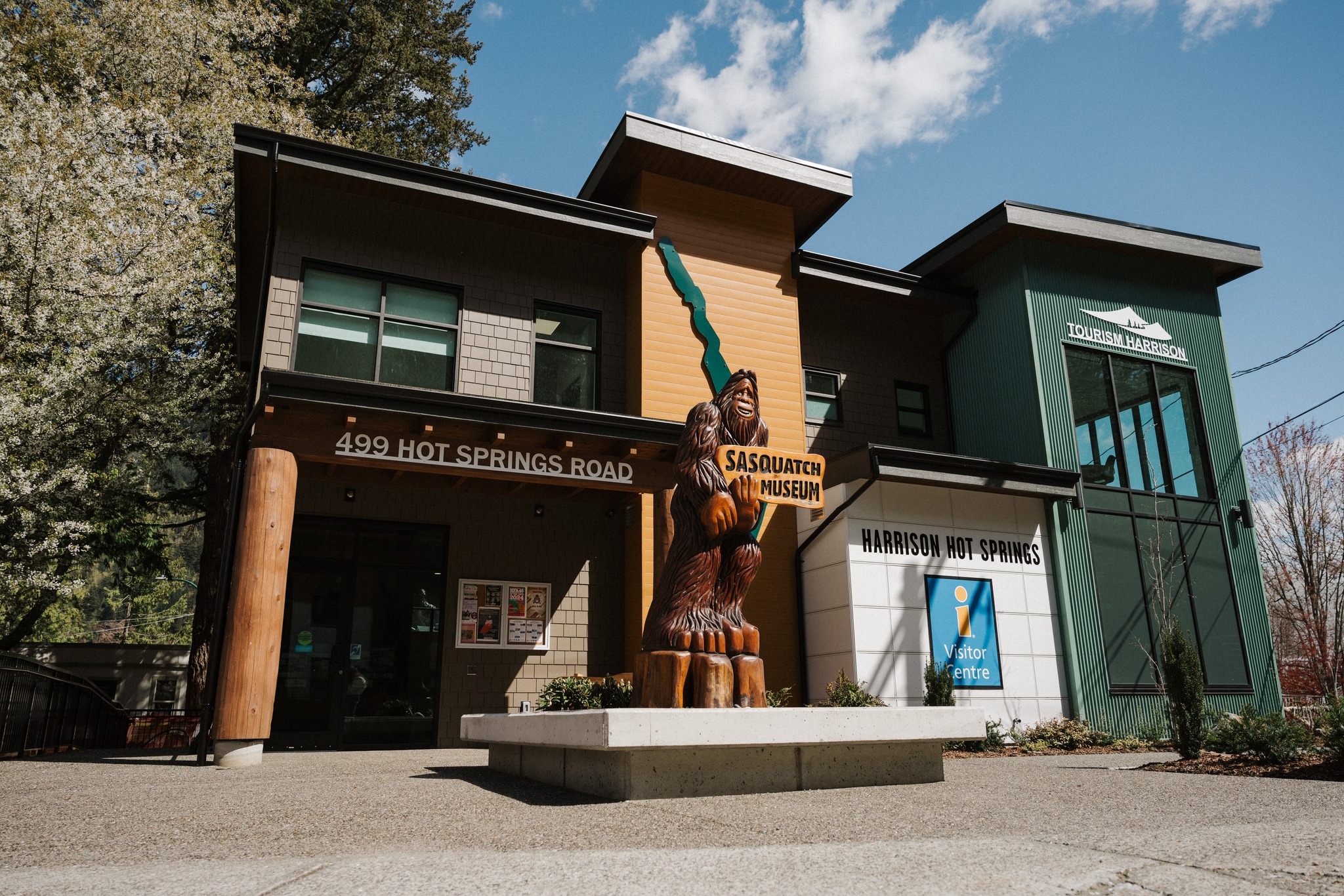Fraser Valley (Note: The author Steve Jones has no relation to Curtis Jones or the late Tim Jones of North Shore Rescue) – You may have heard of the boiling frog metaphor. The idea is that if you place a frog in a cold pot of water and very slowly warm it up, the frog won’t notice the gradual change and it will eventually die. On the other hand, if you toss a frog in a pot of hot water, it will jump out immediately. Whether or not the metaphor is backed by scientific fact, it is a useful tool when looking at many government policies. Something that was logical decades ago slowly becomes entirely ridiculous as the world changes. The way that Ground Search and Rescue is funded in BC is an example of one of these policies.
Quick facts
Ground Search and Rescue (GSAR) teams hold primary responsibility for all SAR activities that occur in BC with the exception of searches in coastal waters, national parks, and searches related to missing aircraft. There are a few important things that everyone should know about GSAR in BC:
- The force consists of 80 teams made up of 2500 volunteers that responded to 1352 incidents in the 2014/15 fiscal year [1]. No one in GSAR is paid. As the population increases, the tourism industry grows, and people spend more time engaged in healthy outdoor lifestyles, we should expect call volume to continue to increase. This will likely happen even if spending is increased on prevention programs such as Adventure Smart.
- Most GSAR volunteers supply their own equipment (ice axes, jackets, avalanche beacons, etc.) and volunteer significant time for training.
- Volunteers are always on-call. Given the nature of the work, they are often called out at the least convenient times.
- GSAR plays an important role in delivering a number of essential services. GSAR can be activated by the RCMP to search for missing people, BC Ambulance and fire departments for rescue and the Coroner for body recovery. GSAR can also be activated by the province to assist with disaster response.
- GSAR teams are also involved in prevention and awareness activities to help ensure that people are going into the woods prepared.
- A medical situation in the woods (broken leg, heart attack, etc.) would be a certain death sentence without GSAR.
- GSAR plays an important role in locating dementia patients that go missing in or near urban wooded areas.
- The sensational stories we hear about in the media of someone making very poor decisions and then needing to be rescued by helicopter are the exception, not the rule. On a very regular basis, GSAR helps good people that run into bad luck and helicopters are not used in a majority of rescues. To see for yourself, you can review the weekly incident summaries here (http://www2.gov.bc.ca/gov/content/safety/emergency-preparedness-response-recovery/emergency-response-and-recovery/incident-summaries) On the other hand, large numbers of people make poor life decisions in the city every day and are assisted by police, ambulance, fire and hospitals and no one bats an eye.
Is it important?
In a province with as much wilderness as BC, it would be hard to overstate the importance of an effective GSAR system. Without GSAR, it would be impossible for school groups to venture off the pavement for field trips because children would literally die if anything went wrong. Without GSAR, our tourism industry would nose-dive because it’s bad for our reputation when tourists die on hikes. Without GSAR, many people would choose to stay inside because the risk of a sprained ankle in the forest would be too great. We’d turn into an entire province that is afraid of our own backyard. With fewer people venturing into the woods, more of us would end up overweight and in the hospital with expensive problems like heart disease and diabetes putting further strain on our stretched healthcare system. It’s silly to hypothesize about what would happen because it’s obvious that it is not an option. GSAR is as essential to BC as police, fire, ambulance, hospitals, ferries and schools. It’s amazing that there are 2500 people willing to volunteer to provide this service to us and we need to be sure they have what they need.
How much does it cost?
That brings us to the question of funding. Although the GSAR teams are made up of volunteers, there are hard-costs associated with training, administration and search missions. The total budget for all GSAR in the entire province in 2014 was less than $9 million and only about $6 million was provided by the province of British Columbia.
To put that in perspective:
- In 2012, the tourism industry generated 13.5 billion in revenue in BC.
- The health care budget in BC is about $17 billion.
- Policing in BC cost (13/14) about $1.6 billion with $353 million coming from the provincial government [2].
- The BC Ambulance Budget in 07/08 was $287 million [3].
- The estimated cost if GSAR was provided by a paid force instead of volunteers is over $50 million [4].
- The surplus in the provincial budget last year was $1.68 billion.
The BC Search and Rescue Association has been doing extensive research on this issue and they have established that $9 million is not enough. Funding is stretched to dangerous levels. The danger exists for the people who need to be rescued but more importantly it also exists for the volunteers. Their ask for new funding is almost embarrassingly modest. An increase of a few million dollars to match the increase in calls that has occurred over the years would restore SAR to reasonable levels. This is an amazing value for the people of BC.
How do SAR teams get their funding today?
The subject of how teams get the money is just as important as how much money they receive.
As if it wasn’t enough that these good women and men volunteer huge amounts of time and put themselves in danger to rescue people, we also require them to jump through bureaucratic hoops to do their own fundraising and funding levels can vary dramatically from year to year and region to region. The province will cover some costs directly such as incidentals related to a search and helicopter time but that is not enough funding to operate a team. This leads teams to rely heavily on two problematic funding sources:
1) Gaming Grants
This is a pool of funding that is created from the proceeds of gambling in the province. Many community groups apply for funding including Scouts groups and Parent Advisory Councils. SAR teams collectively receive about $2.3 million from this source which is a significant portion of overall SAR funding. To put that in perspective, total government revenue from gaming was $1.17 billion dollars in 13/14 [5]. Each year, a significant amount of volunteer time is wasted on the process of applying for funding through this mechanism. The grant applications need to be submitted every single year by every single team that wishes to pursue this funding source and funding levels are at the whim of committees. This process might make sense for deciding how much to provide to other community groups but it’s shocking that this is the process that is used to fund an essential service.
2) Sponsorship and donations
SAR teams rely on local corporate sponsorship/donations. This indirectly creates issues surrounding privacy for search subjects and inconsistency of funding across the province.
A team that is near the headquarters of major media outlets has the opportunity to receive a lot of news coverage for their searches and leading teams are effective at making the most of this opportunity which in turn helps to increase sponsorships and donations. This media coverage brings challenges. The media tends to present a distorted view of reality to the public because they never cover the routine searches and they have a need to write stories that will spur controversy and debate. SAR teams have little control over how the message is portrayed. The media also wants to have access to the search subjects and it is not unheard of for rescue subjects to be greeted by news media with cameras rolling when they get out of the woods.
Teams in remote areas of the province that can’t practically be covered by the mainstream media receive a smaller amount of funding than these well-covered teams. If you are going to break a leg on a hike — you are better off in some regions of the province than in others and that’s a problem that we shouldn’t be comfortable with.
When you need to call the police or ambulance, you expect a reasonably consistent level of service across the province and you expect that your privacy will be maintained. As SAR is an extension of those services, we should expect the same.
So what’s the solution?
The solution is surprisingly simple and it’s not going to cost an arm and a leg or introduce a lot of complexity.
First, let’s eliminate two options that are often proposed.
1) User pays
It is sometimes suggested that the people who go missing should pay for their own search. The 2500 volunteers in SAR are very strongly opposed to this idea. When subjects are made responsible for their own costs, they delay calling for help. The end result is longer, more complicated and dangerous searches that more frequently end in body recoveries. This is not a viable option.
More can be read on this subject here: https://www.bcsara.com/about/faq/no-charge-for-search-and-rescue/
2) Enabler pays
Another option that is sometimes proposed is a new fee or tax on ski tickets, hiking poles, etc. This should be eliminated as an option for two reasons.
First, the administration costs of implementing a new fee (and most importantly the effort/money required by small businesses to implement the system) would be completely unjustified to collect such a small amount of revenue.
Second, it’s inconsistent and unfair. We don’t tax car dealerships to pay for highway patrol or fast food restaurants to pay for heart surgery. Why would we tax an activity (living healthy outdoor lifestyles) that we want to encourage?
The answer is simple.
- Increase the funding to the level that is needed for teams to operate in a safe and sustainable way and pay for it out of the general budget. The ask is so small that it won’t even show up as a rounding error in the provincial budget.
- Distribute the funding in an efficient and equitable way through a central agency, and continue to adjust funding each year as call volumes across the province dictate.
This is what the BC Search and Rescue Association (BCSARA) is proposing. You can find their latest proposal document at the following link which has been developed over a period of two years with extensive research and consultation.
2016 should be the year we stop taking our 2500 GSAR volunteers for granted. The time has come to show SAR volunteers respect by providing a basic level of funding and not making them jump through hoops to get it.
Sources
3: http://www.fslg.ca/Transforming%20the%20Fire%20Service%20Dec%2010%2009%20FINAL.pdf
5: https://www.gaming.gov.bc.ca/revenue/index.htm
Steve Jones
Steve does a lot of hiking, skiing, biking and photography in British Columbia and beyond. https://www.facebook.com/stevenjonesmountainphotography/













